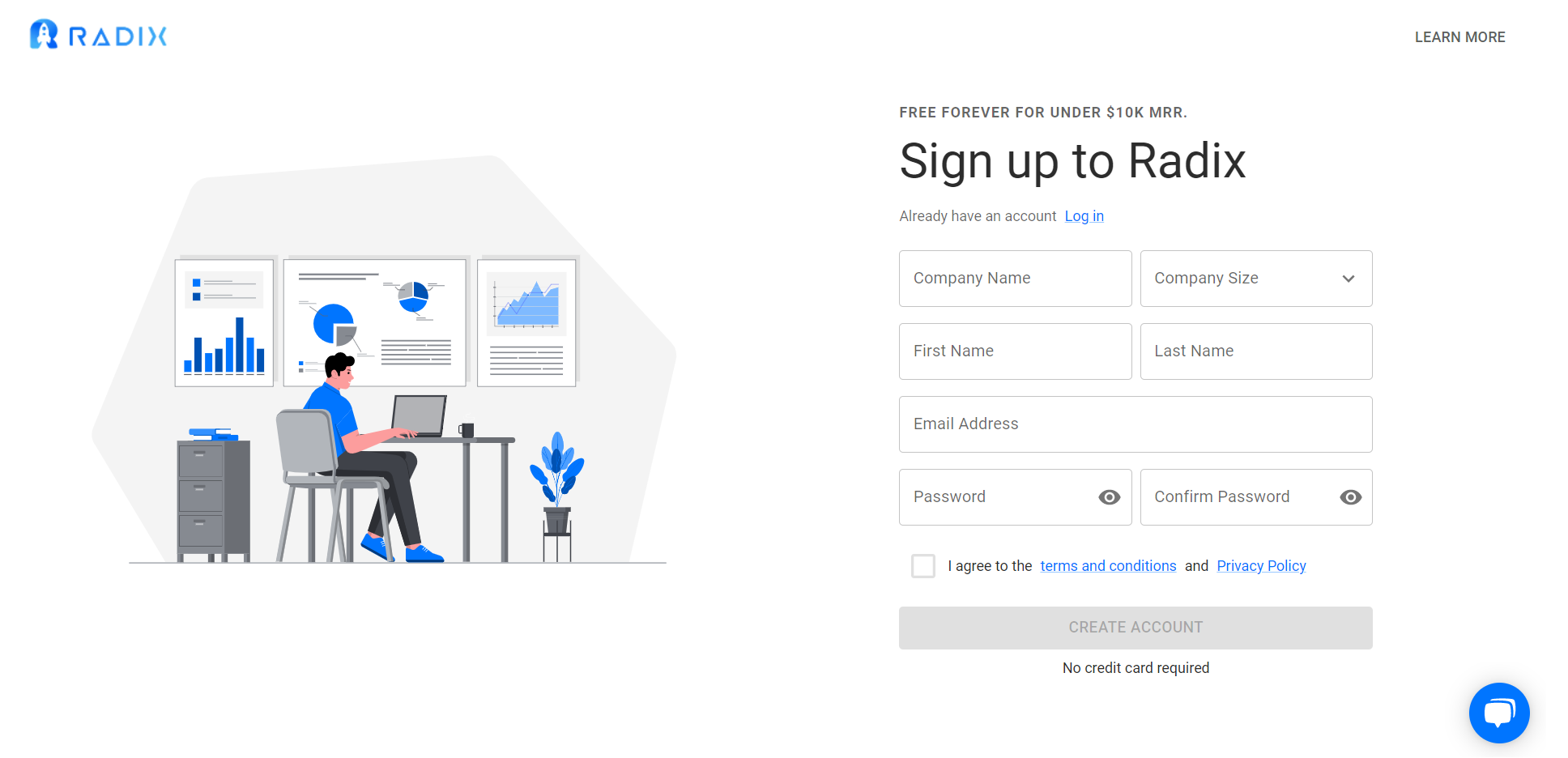Ecommerce Data is one of the most important ways shop owners and marketers can gauge their success in the world of selling physical products online. However, many of us are overlooking eCommerce data or only looking at it superficially.
Analytics is not the key to success, but ignoring it means you will never get there. It’s a simple lesson to learn from eCommerce entrepreneurs who have embraced e-analytics and refuse to ignore it. They are the ones with their business on top of the league tables, enjoying sustained growth and improved conversion rates.
Ecommerce Analytics is a crucial part of every online retailer, and as such, shouldn’t be ignored. Web retailers who use eCommerce data systems often reap higher sales and increased customer satisfaction. Here’s a look at several of the reasons why you should check out Radix for your online store too!

Importance of Ecommerce Data
If the main purpose of an eCommerce business is to generate sales, Analytics is going to be your most important area. It gives you the power of information about your customer’s behavior and preferences; in that way, you can adjust your strategy and make a more efficient resource allocation.
What’s interesting about analytics is that it allows you not only to learn about your customer but also to predict his behavior and be ready for surprises. While A/B testing once was enough for effective optimization, it is no longer sufficient nowadays. A/B testing shows you what works now, while analytics shows you what will work tomorrow.

Here Are 9 Reasons To Use Ecommerce Data
Customers today make well-informed purchases. Before they click the add to cart button, they study items, compare prices, read reviews, and look for unique experiences. Understanding their behavior can help you remain ahead of the game.
Here are 9 reasons to use eCommerce data:
1) Collect Information On User Behavior
Ecommerce data helps gather, track, and analyze customer behavior data about customer demographics, behaviors, interests, and purchase history over some time. Analytics are critical for improving your customer’s experience, increasing sales, and progressively improving your business.
You must keep up with swiftly shifting consumer tastes and expectations. The easiest approach to do this is to collect user behavior data and understand their needs, expectations, and pain points. If you want to remain relevant, you must embrace a consumer-first mindset.

2) Product Development Based On Data
Customers now have more flexibility and alternatives than ever before. Because there are so many options, consumers have high expectations, and businesses will need to drastically expand their skills to keep up with their rising demands. The key to designing a product that customers will enjoy is having proof of their likes and dislikes and capitalizing on that information during the product development process.

3) Enhance Customer Experience
Enhanced customer experience has become an important goal of businesses that rely on online marketing. The target is simple: Get people to return to your online store and get them to spend more money. How? By making sure that customers can easily find what they’re looking for in a flash. Ecommerce data plays an important role in determining and achieving this goal.
Aside from pricing and quality, you must provide an interesting user experience to keep people engaged. Looking at the data, you can see how much time users spend on your site, what features catch their attention, and what you can change to create an inspiring, engaging, easy, and frictionless user experience to satisfy consumers’ ever-changing demands.

4) Existing Clients Can Be Cross-Sold And Up-Sold.
Companies frequently undervalue the value of cross-selling and up-selling to clients. According to Forbes, it might cost five times as much to acquire a new client as it does to keep an existing one. Furthermore, because current customers account for 65 percent of a company’s revenue, integrating eCommerce data for a retargeting campaign might be a great strategy to do.

5) eCommerce Data Could Boost MRR
Ecommerce data provides businesses with the insights needed to boost their monthly recurring revenues (MRR). It enables companies to observe consumer buying trends, develop growth strategies and achieve high rates of customer retention.
Remember: Revenue is the oxygen that keeps your business alive, you can’t survive long without it. To increase the revenue you will need to make sure you are taking full advantage of your eCommerce analytics data.

6) Effective Inventory Management
The success of your online business is determined by how well you manage your eCommerce inventory. Knowing where your items are and when to repurchase will save you a lot of time and trouble with order fulfillment. Aside from that, eCommerce analytics may assist you in forecasting and planning inventories for the approaching time.

7) Increase The Return On Ad Spend (ROAS)
Ecommerce analytics are the best way to identify ad spending opportunities and increase the return on ad spend (ROAS) during campaigns. Instead of wasting money on advertisements that don’t work, you may focus on the correct ads to the right target market.

8) A Customized Buying Experience
Product recommendations are an important tool in your eCommerce arsenal. A well-thought feature will make product recommendations both useful and compelling for the customers, who will be more likely to buy the products. Personalization in this new environment entails considerably more than merely customizing assortments. You will be able to forecast individual consumers’ wants and provide relevant product suggestions using eCommerce analytics.

9) Happy Customers
eCommerce analytics is your best friend. It can help you find out more about your customers and their buying habits, so you can improve your product and therefore create happier customers that are more likely to buy from you again.
Customers like businesses that treat them as individuals rather than numbers. The ultimate purpose of eCommerce analytics is to gather data to better understand consumers and enhance products and processes to meet and surpass their expectations.

Radix is The Best eCommerce Analytic Tool For PayPal & Stripe
By connecting your PayPal & Stripe accounts, you can keep track of your eCommerce performance by highlighting:
- Top 10 Best-selling products
- Average revenue per product
- MRR
- ARPU
- Quick Ratio, and more.
Sign Up Here!
Free Forever For Under $10K MRR






